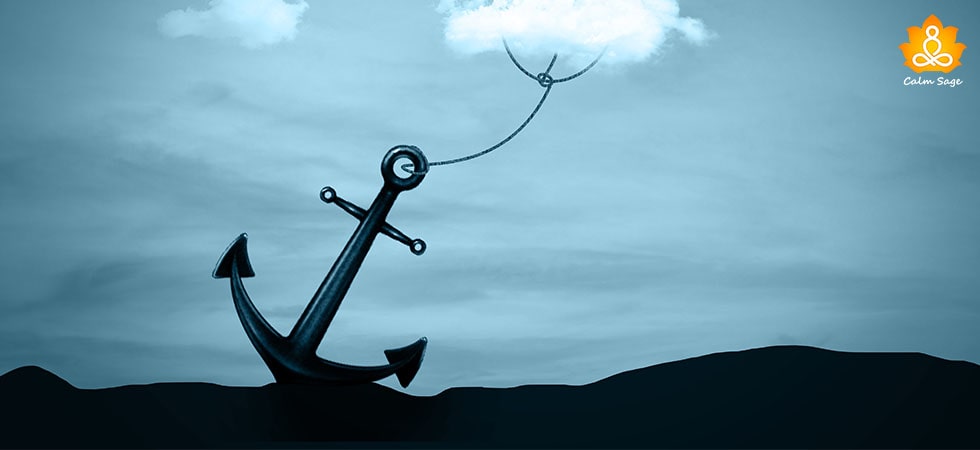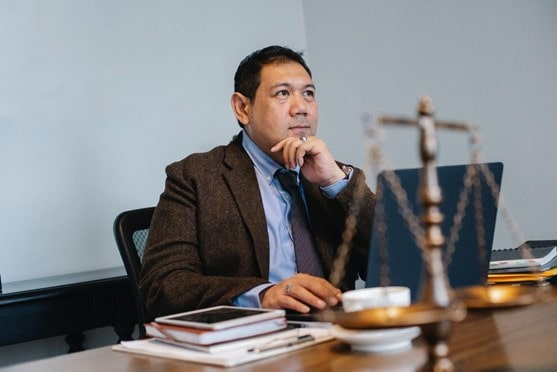How Anchoring Bias Affects Your Mental Well-Being (With Tips to Avoid It)

Decisions, decisions, decisions…they are never easy to make. When I make a decision, I always try to look at the pros and cons of the situation; as we all do. But then, there are times when I have to make instant choices, and during those times, I rely on the first reliable source of information I get. You might do that too, but have you ever wondered why that happens?
Why do we tend to rely on the first thing we learn about something? Why does the first piece of information get stuck in our minds?
Well, this can be the anchoring bias or the anchoring effect! This effect is a psychological phenomenon where our brains get stuck on the first source of information we learn, affecting our decision-making and other aspects of our lives.
Let’s explore more about what is the anchoring effect, how it impacts our decision-making, and how we can avoid it in this article.
What is the Anchoring Effect in Psychology?

The anchoring effect or anchor bias is a type of cognitive bias where your brain relies heavily on the first piece of information it learns. This first-hand information is the “anchor” that influences your decision-making. This initial anchoring unconsciously shapes your choices, often taking you away from making rational decisions.
Here, I’ll explain it with some examples of the anchoring effect;
You go shopping for shoes and the original price tag says $300. Now, you decide to look around some more and come across a sale where a similar pair of shoes has a price tag of $150. The initial price, i.e., $300 acts as the “anchor” here, making $150 seem like a bargain, even if the shoes aren’t worthy enough for such a high price.
Another common example of anchoring bias could be;
When you’re discussing salary with your manager, the first number mentioned tends to set the tone for the negotiation. If your supervisor throws out a high figure, you find yourself anchoring your expectations to that number, even if it’s above the market average.
How Does Anchor Bias Impact Mental Well-Being?

The anchoring effect has a way of sneaking up on the various aspects of your life, from decision-making to your mental health, even. For one, anchors impact how you budget, spend your finances, and make investment decisions. Relying on anchors might lead you to make impulsive decisions, leading to financial pitfalls.
Psychologists believe that anchors can contribute to unrealistic expectations that can cause dissatisfaction in life and stress. For example, if you anchor your self-respect on unrealistic social expectations, then it can cause you to experience feelings of being inadequate or even lower your self-confidence.
Another impact of anchoring bias could be on your lifestyle. If you can’t let go of your initial anchor, then it can be difficult to bring positive changes to your life and even take risks that could be good for you. This repetitive pattern can make you feel stuck in a loop of poorly thought-out decisions.
Say, for example, you set lower expectations for your salary because of your initial anchor, then you may find yourself struggling to manage day-to-day expenses and that will ultimately cause you to feel dissatisfied and unhappy in life.
Tips to Avoid Anchoring Bias

Now that you know how anchoring bias can affect your mental well-being, here are some ways you can avoid this bias and make better decisions;
1. Be Aware
The first thing you can do to avoid anchoring bias from influencing your decisions is to become aware of its existence. You need to understand that our minds tend to latch on to the first piece of information it registers. By acknowledging this cognitive bias, you can begin questioning your initial anchors and make a move on how to change it.
2. Compare Perspectives
When it’s time to make a decision, take time to gather and compare different perspectives or information. Do not settle for the first thing that comes to mind. If you’re shopping, then explore different options – brands, reviews, etc. When you explore more, you can break free from the initial anchor.
3. Set New Anchors
Don’t allow initial anchors or external anchors to influence your decisions. Take control in your hands by creating new anchors. Before you make a decision, create a new starting point. This can help you shape the conversation on your own, rather than passively going with the initial anchors or external factors.
4. Be Mindful
Be careful of how you make decisions. Don’t rush into things. Stay present in the moment and question the information you are presented with. Consider different contexts and other cognitive biases too. Being mindful can help you make mental space in your mind that can help you make rational and unbiased decisions.
Wrapping Up…
The anchoring effect or anchor bias is a cognitive process or phenomenon that can influence you to make poor decisions if you’re not aware of the anchoring. Understanding this cognitive bias can help you become informed about how you make your decisions in day-to-day life and how it is affecting your mental well-being.
The next time you find yourself making a decision, remember this bias and use the aforementioned tips to break free from the anchor to make balanced and rational decisions.
I hope this blog helped you understand what is the anchoring effect, how it impacts your decision-making, and how you can avoid it in the future. Let me know what you think about this cognitive bias and its impact on your life in the comments below.
Take Care!




















